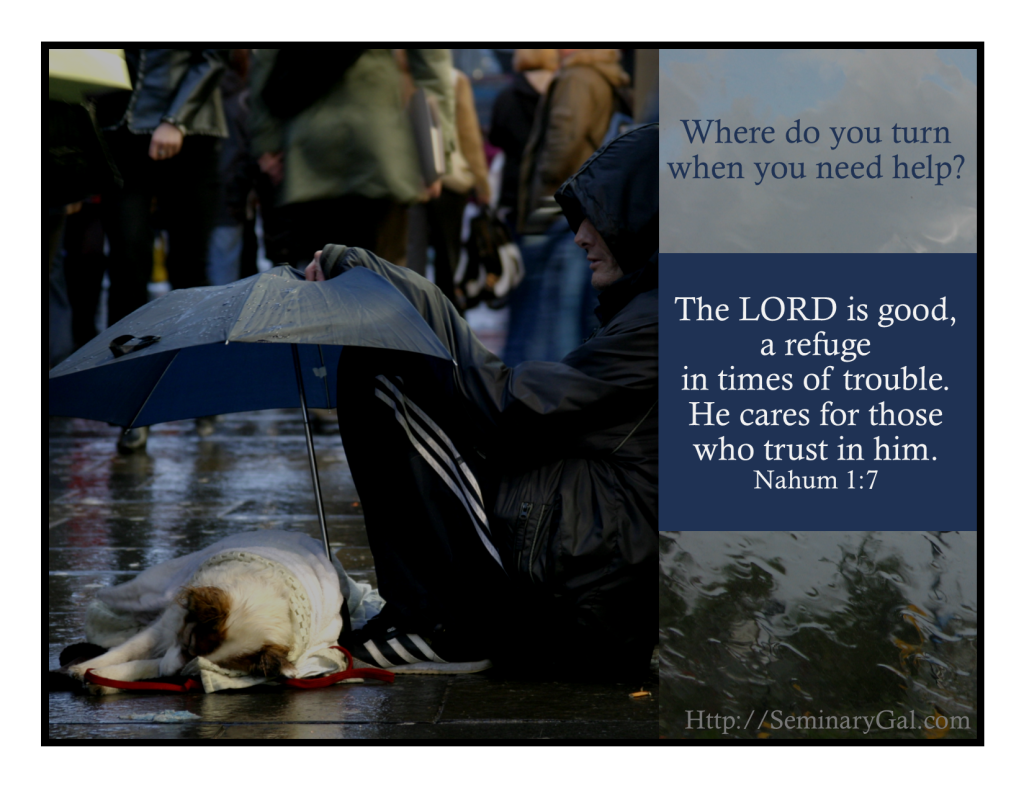Acts 3:1 One day Peter and John were going up to the temple at the time of prayer– at three in the afternoon.
So why did Peter and John go to the temple to pray if the Holy Spirit was already present and they could pray wherever and whenever they wanted?
Scripture doesn’t say whether the newness was still settling in or whether it was something else, but the fact they went together suggests that they were planning on doing prayer and evangelistic ministry.
Going two by two says much about ministry life. Jesus sent the disciples out to do ministry two by two (Luke 10:1-12). They went as pairs because ministry is discouraging work. We need each other for encouragement and as accountability.
In the flow of the book of Acts, Peter and John’s going to the temple allowed the Holy Spirit to work at a time of day when other people would be going to pray as well. The disciples were seeking to interact with the maximum number people for the purpose of sharing the Good News widely. Peter and John weren’t the only ones who placed themselves in a “high traffic zone” where they could interact with others.
Acts 3:2 Now a man crippled from birth was being carried to the temple gate called Beautiful, where he was put every day to beg from those going into the temple courts. 3 When he saw Peter and John about to enter, he asked them for money.
The other day while I was visiting my daughter in the hospital after she gave birth to my first grandson, there was a man stationed at a picnic table outside the hospital. He called out to me as I was exiting the parking garage for the hospital entrance. He was in a “high traffic zone” much like the man crippled from birth was at the temple courts. This man asked me for money, telling me he hadn’t eaten in 3 days. I reached into my bag and gave him 3 protein bars that I’d brought as my own lunches while I was visiting from out of town. I think he was disappointed. He wanted money.
Questions for pondering:
- What kinds of reactions do you have to people who are begging?
- The crippled man begging outside of the temple courts would have had a real disadvantage in a culture that depended heavily on manual labor (e.g. fishing, carpentry/stone mason work, farming) and a community that held strongly negative views of those with physical imperfections to where even work as tax collectors, for example, would have been unavailable to him. With a genuine lack of opportunity, depending upon the generosity of others is a humbling existence. How does asking for money give the person begging some level of autonomy?
- How does that autonomy act as a double-edged instrument, providing the greatest freedom to make choices both good and bad, and providing the best reasons for others not to give money?
- How do you decide whether/how to give to someone begging, especially when the city streets can have dozens of people begging on every sidewalk?
